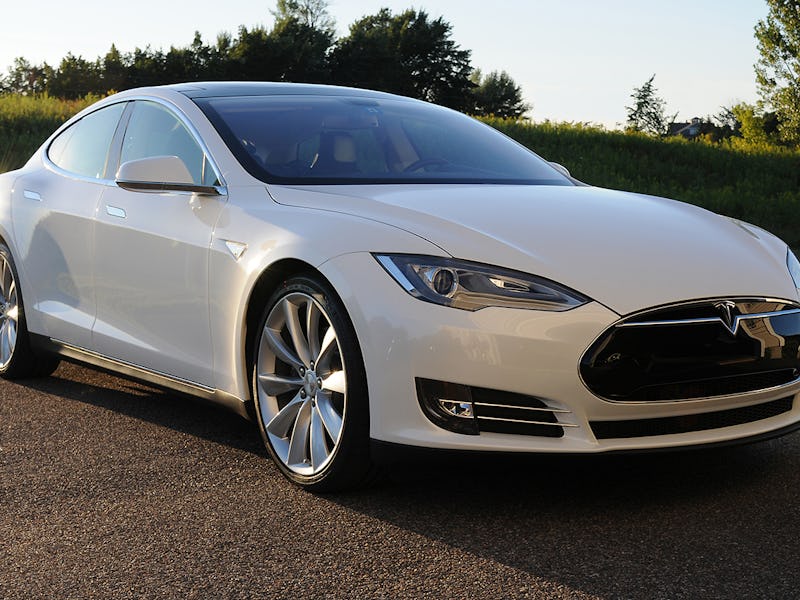Tesla announced a recall on Thursday of 123,000 Model S electric vehicles built before April 2016, the largest such program in the company’s history. The fault, which Tesla described in its e-mail to customers as “excessive corrosion in the power steering bolts,” makes it harder to steer the car at low speeds. High speed driving, however, should not be affected as the steering takes minimal force.
The issue received new scrutiny when video producer Marques Brownlee shared his experience with the steering to his 2.75 million Twitter followers in December 2016, describing how the power steering would lock up and cause Brownlee to haul the wheel around just to complete a small turn. Electrek reported that the power steering bolts in question were manufactured by Bosch, and Tesla estimates fewer than 0.02 percent of vehicles have the issue. The recall is also unlikely to hit Tesla’s bottom line hard, as the supplier covers the component cost.
Tesla notes that it observed the corrosion in very cold climates, especially in areas that use calcium or magnesium road salts rather than the sodlium chloride used in many other places. These two are desirable in colder areas as they work at melting ice at lower temperatures than regular salt, with calcium melting ice up to eight times faster. Tesla is fixing cars in all regions as a precautionary measure.
The company has issued recalls before. In November 2015 the company recalled all 90,000 of its Model S vehicles over a fault with the seatbelt mechanism. The company recalled some 7,000 charging adaptors in December 2016 after two reports of overheating issues, but none of the adaptors affected actually shipped with a vehicle as standard. In April 2017, Tesla issued its then-largest recall of 53,000 Model S and Model X vehicles after a fault was discovered with the electric parking brake.
Tesla is currently emailing customers affected with details around the recall, but the company is clear that the Model X sports utility vehicle and Model 3 entry-level sedan are not part of the recall.
Thankfully, repairs won’t take too long — Tesla is contacting owners when the part is ready at their local store, and the retrofit only takes around an hour.
